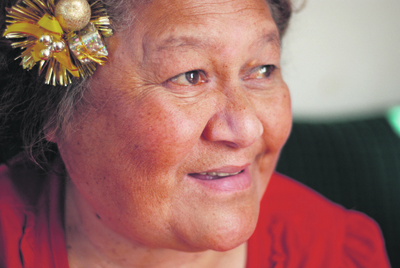Advance care planning
Advance care planning helps you think about, and take control, of your future healthcare.
It ensures your ability to make your wishes known to those around you, making it easier for them to decide what treatment and care to provide for you if you are not able to make these decisions for yourself at any point in the future.
By developing an Advance Care Plan, you, your loved ones, your healthcare professionals, and other key people in your life will reach a shared understanding of what is important to you, and what treatment and care you would like in the future.
It is always important to discuss advance care planning with those around you while you’re able to. Planning will help you, and those around you, share your thoughts and discuss your preferences for end-of-life healthcare and treatment, based on:
- your personal views and values
- a better understanding of your current and likely future needs
- the treatment and care options available to you.
Based on these discussions, you can then set out what you want in your Advance Care Plan.
Once you have your Advance Care Plan drawn up, it’s important to keep it up-to-date, and to amend it as necessary if your situation changes.
Read more about this on:
For local information about advance care planning, you can also email advancecareplanning@ccdhb.org.nz.
Enduring power of attorney
An Enduring Power of Attorney is a document in which you appoint who you would like to make decisions on your behalf when you are no longer able to.
We recommend you appoint an appropriate person as your Enduring Power of Attorney, so you can have peace of mind in the knowledge that a person you trust will be making important decisions on your behalf.
You can find detailed information about how Enduring Power of Attorney can keep you protected on the Ministry of Social Development's website.
Alternatively, you can contact:
Office for Seniors
PO Box 1556
Wellington 6140
Email: osc@msd.govt.nz
More information is also available from Age Concern and Public Trust.